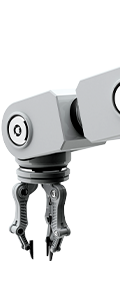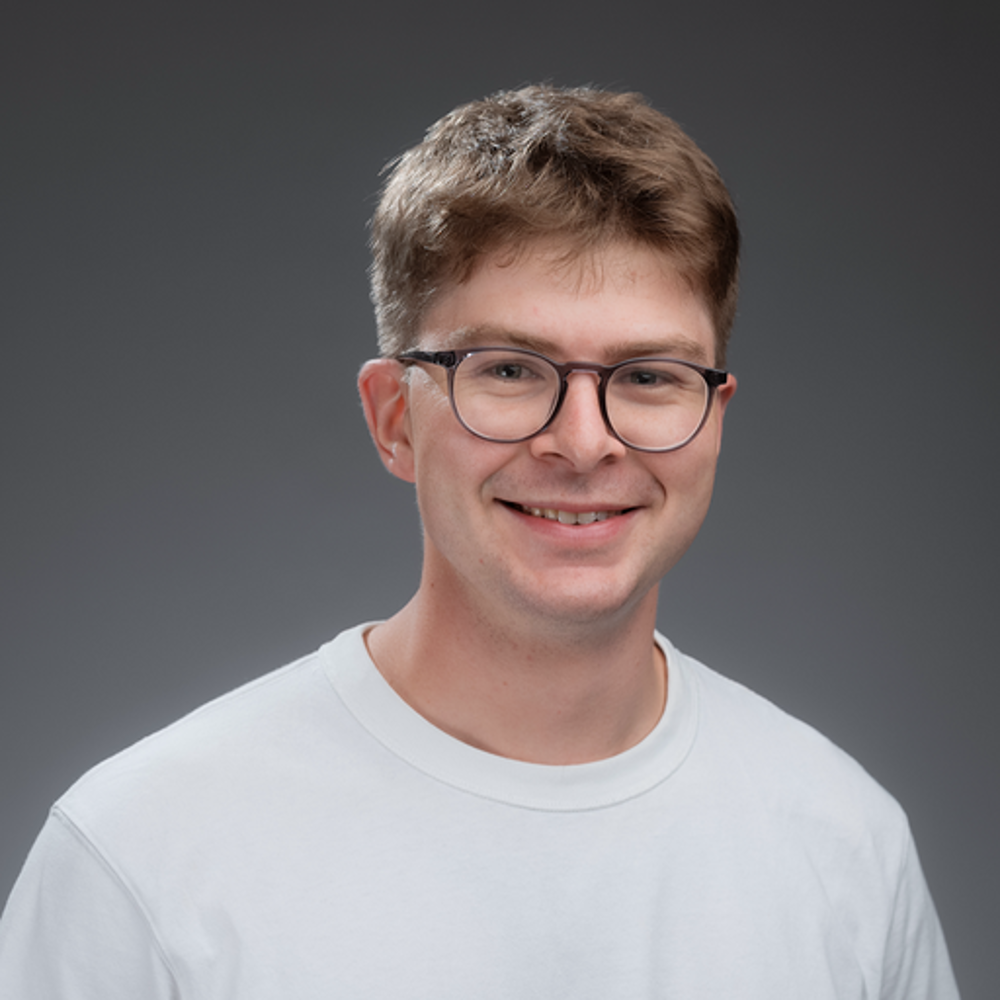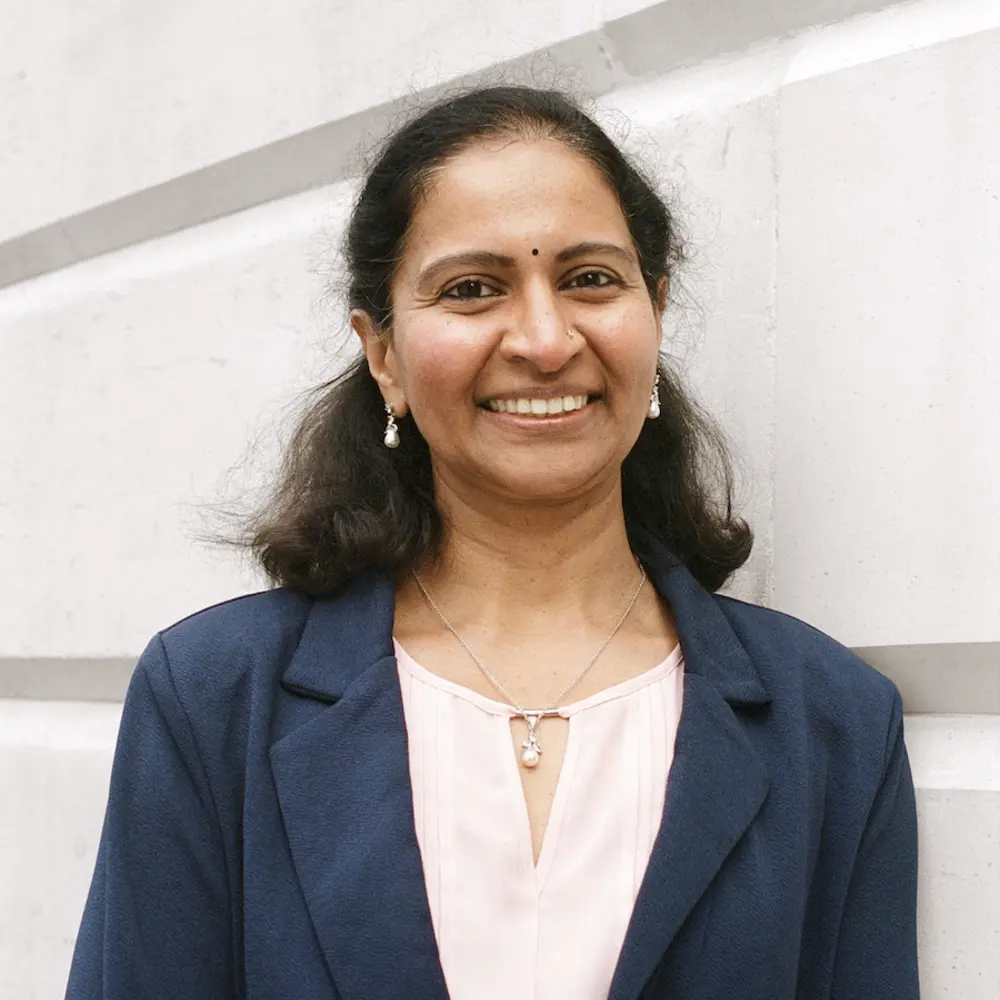
Smarter Robot Bodies: Opportunity seeds
Opportunity seeds support ambitious research aligned to our opportunity spaces. We’re looking to challenge assumptions, open up new research paths, and provide steps towards new capabilities.
Can we create robots with the grace and robustness of biological organisms to ease the labour challenges of tomorrow?
From kangaroo-inspired robot locomotion to precise, dexterous, and versatile bioactuators, we're funding an array of projects across start ups, universities, and individuals with up to £500k each to maximise the chance of breakthroughs.
Meet the Creators
Miniaturised Multimodal Sensors Mimicking Skin Mechanosensation for AI-Enhanced Neurovascular Precision
Rujie Sun, University of Southampton
Shape Changing Origami Inspired Probe for Autonomous Bi-directional Navigation for Multimodal Inspection in the Colon
Thrishantha Nanayakkara, Imperial College London
Smarter Motors for Smarter Robots
Christopher Wall, Cardiology Devices
Linkage-leg Principles for ‘Better Than Wheels’ Functionality
Jim Usherwood, The Royal Veterinary College at Hawkshead
Developing and Modelling Flexible Robotic and Cobotic Arms
Andy Whyte + Chris Mangnall, Adaptive Machine Patterns
Roo-bot Energy-Efficient Robot Locomotion Inspired by Kangaroos
Christofer Clemente, University of the Sunshine Coast
MORPH: Muscular Operative Robotic Precision Handler
Pietro Valdastri, University of Leeds
JumpSTAR: Jumping with Mechanical Precision and Stability Through Adaptive Resilience
Chengxu Zhou, University College London
"Smarter Robot Bodies is an exciting opportunity to work with ARIA, other Creators, and Activation Partners to pull together expertise and bring scalable, robust humanoid robots to the mainstream. This is the most promising opportunity for robots to save and improve human life."
Meet the programme team
Our Programme Directors are supported by a Programme Specialist (P-Spec) and Technical Specialist (T-Spec); this is the nucleus of each programme team. P-Specs co-ordinate and oversee the project management of their respective programmes, whilst T-Specs provide highly specialised and targeted technical expertise to support programmatic rigour.

Jenny Read
Programme Director
Jenny Read is a visual neuroscientist, previously trained in theoretical astrophysics. Her work focuses on how we can build smarter bodies for robots through new modes of sensing, transmission of sensory information, and actuation through hardware advances. Jenny joined ARIA from her role as Professor of Vision Science at Newcastle University.

Paul Brown
Programme Specialist
Paul joined ARIA from a project management role at a global market research company. He previously worked on delivering the COVID-19 vaccination deployment programme. Paul holds an MSc in Environmental Technology from Imperial College London and a BSc in Geography from the University of Exeter. Paul supports ARIA as an Operating Partner from Pace.

Radhika Gudipati
Technical Specialist
Radhika has fifteen years in the robotics industry and is passionate about entrepreneurship, laboratory automation, and sustainability. She works between engineering and user perspectives, drawing from her roles at Ocado Technology and Shadow Robot, where she focused on robotics research and business solutions. Radhika holds a PhD in robotics for healthcare from the University of Hertfordshire.
